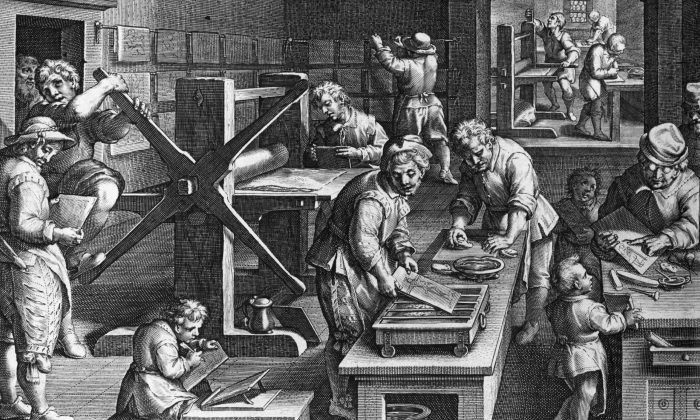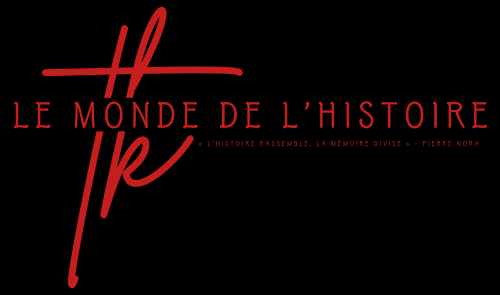
The art of engraving and printing from the prepared plates using a large press, at a print works, circa 1600. Original Artwork: Engraving by J Stradenus (1523 – 1605)
“I’ve built my homeland, I’ve even founded my state – in my language.”
– Mahmoud Darwish
Today, we discussed how “nations” were created. An interesting idea is that print-capitalism helped turn groups of people into “nations.” Benedict Anderson explains this concept in his book Imagined Communities. He argues that nations aren’t just defined by borders or governments—they’re imagined communities where people feel a connection to others they’ve never met.
The printing press revolutionized the way information was shared. Before its widespread use, books, most notably the Bible, were handwritten and usually in Latin, so only a small, educated group could access them. But once books began to be printed in local languages, a much larger audience could read the same stories, news, and ideas. Newspapers, novels, and pamphlets started circulating, creating a sense of unity among those who spoke the same language.
Take Germany, for instance. In the 16th century, when Martin Luther translated the Bible into German, it allowed people across different regions to engage with the same text in their language. This shared experience helped them see themselves as part of a larger German community, despite the regional differences that had previously separated them.
However, print-capitalism also had a darker side. While it united people under a common language and identity, it also led to fragmentation. Luther’s Bible translation, for example, fueled the Protestant Reformation, which divided Europe into Catholic and Protestant regions. These religious divisions sparked conflicts like the Thirty Years’ War, showing how the same force that brought people together could also drive them apart.
So, in this way, print-capitalism didn’t just produce books—it helped create “nations.” It connected people through a shared language and stories, turning scattered groups into communities united by a collective sense of belonging. However, it also created divisions that led to violence and conflict.
